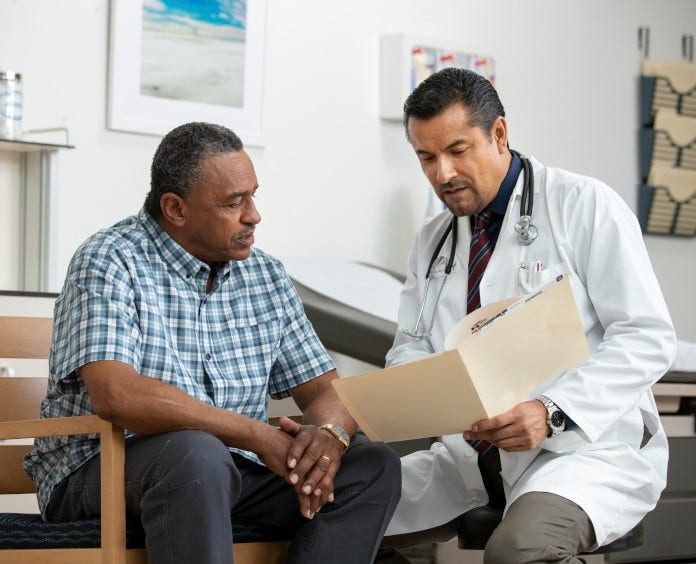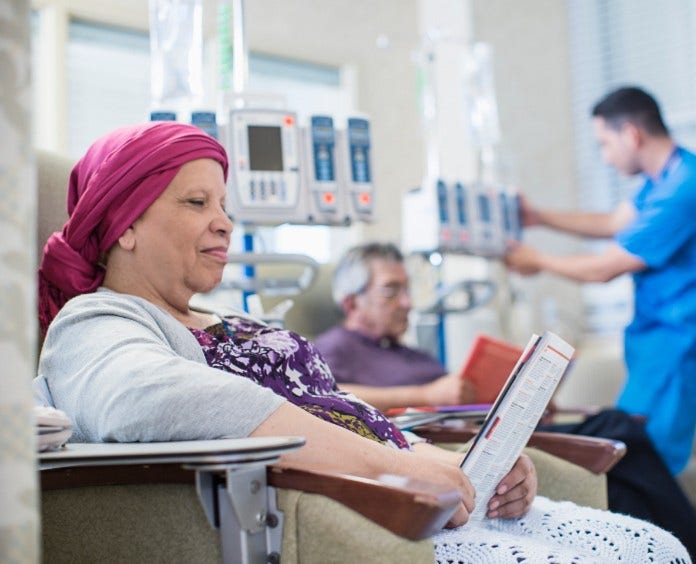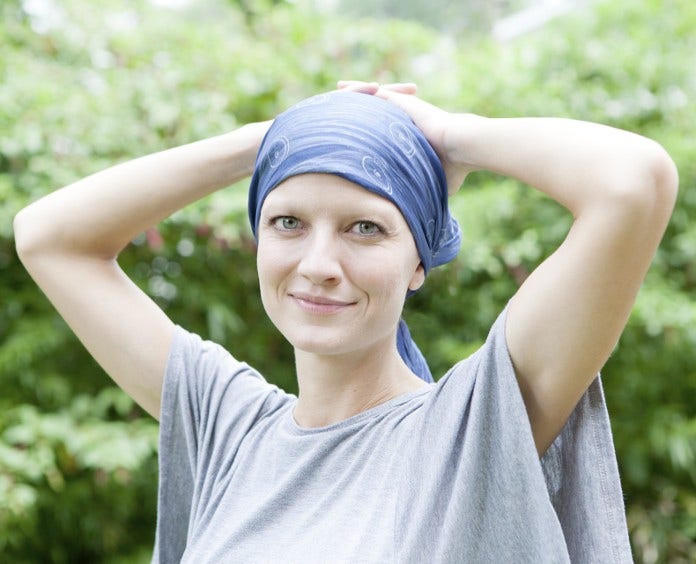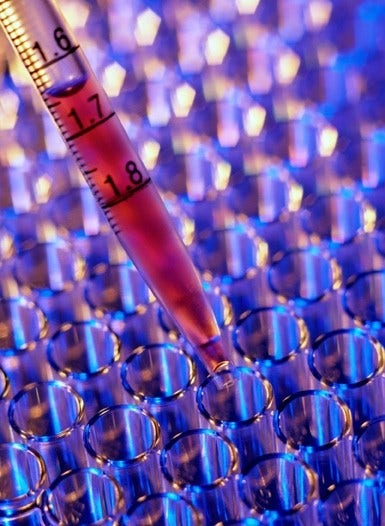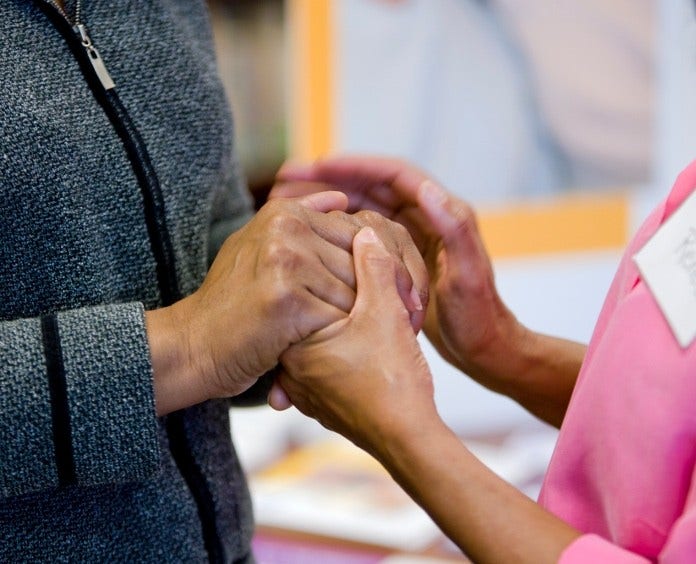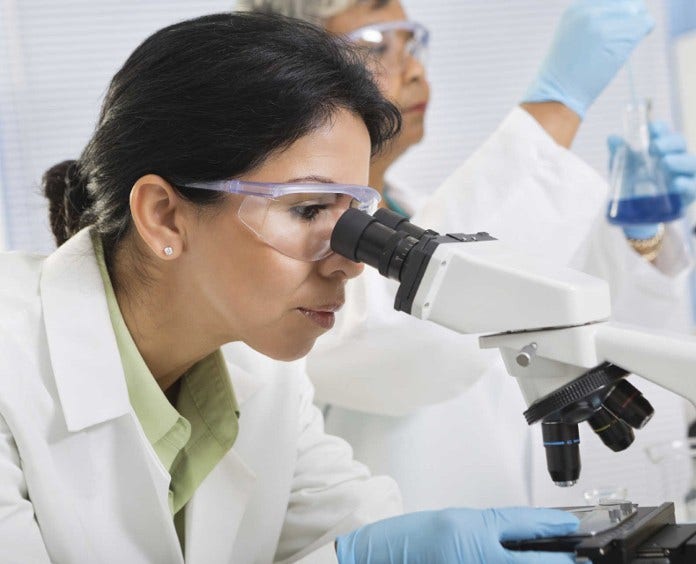Waldenstrom Macroglobulinemia
If you have Waldenstrom macroglobulinemia or are close to someone who does, knowing what to expect may be helpful. Here you can find out more about Waldenstrom macroglobulinemia, including risk factors, symptoms, and how it is diagnosed and treated.
About Waldenstrom macroglobulinemia
Waldenstrom macroglobulinemia (WM) is a rare cancer that begins in mature B cells, one type of infection-fighting cells in the immune system.
- In WM, these cells are called lymphoplasmacytic cells.
- WM is diagnosed when lymphoplasmacytic cells take up more than 10% of the bone marrow and create extra IgM proteins (antibodies).
WM is a type of non-Hodgkin lymphoma (NHL). Lymphomas are cancers that start in the immune cells. Another name for WM is lymphoplasmacytic or lymphoplasmacytoid lymphoma.
The cancer cells in people with Waldenstrom macroglobulinemia are similar to those in multiple myeloma and non-Hodgkin lymphoma. Multiple myeloma is a cancer of plasma cells and non-Hodgkin lymphoma is a cancer of lymphocytes. WM cells have features of both plasma cells and lymphocytes.
How does Waldenstrom macroglobulinemia cause symptoms?
WM starts in B cells, which are a type of immune cell. When B cells mature, they can become plasma cells which normally help your body fight infection. They do this by making proteins called antibodies or immunoglobulins.
If you have WM, your B cells and plasma cells develop into a lymphoma that causes your body to make too much of a certain type of immunoglobulin called immunoglobulin M, or IgM.
The IgM proteins made by WM cells are monoclonal proteins. This means they are all the same (clones). The buildup of these cells and the extra proteins they make can cause problems in your bone marrow, along with other symptoms like:
- Bleeding
- Vision problems
- Nerve damage causing numbness, muscle weakness, and a higher risk of falls
- Damage to organs like the kidney or heart
People with WM can also have low blood counts, enlarged lymph nodes, enlarged organs like the liver and spleen, tiredness, fevers, or weight loss. These symptoms may prompt a doctor to check for WM.
In some cases, people have no symptoms at the time they are diagnosed. WM grows slowly compared to some other types of cancer, so symptoms can take a while to develop.
Quick Guides
- Written by
- References

Developed by the American Cancer Society medical and editorial content team with medical review and contribution by the American Society of Clinical Oncology (ASCO).
Gertz MA. Waldenström Macroglobulinemia: 2025 Update on Diagnosis, Risk Stratification, and Management. Am J Hematol. 2025;100(6):1061-1073.
Rajkumar SV, Dispenzieri A. Chapter 101: Multiple myeloma and related disorders. In: Niederhuber JE, Armitage JO, Dorshow JH, Kastan MB, Tepper JE, eds. Abeloff’s Clinical Oncology. 6th ed. Philadelphia, Pa. Elsevier: 2019.
Last Revised: November 17, 2025
American Cancer Society medical information is copyrighted material. For reprint requests, please see our Content Usage Policy.
This information is possible thanks to people like you.
We depend on donations to keep our cancer information available for the people who need it most.
